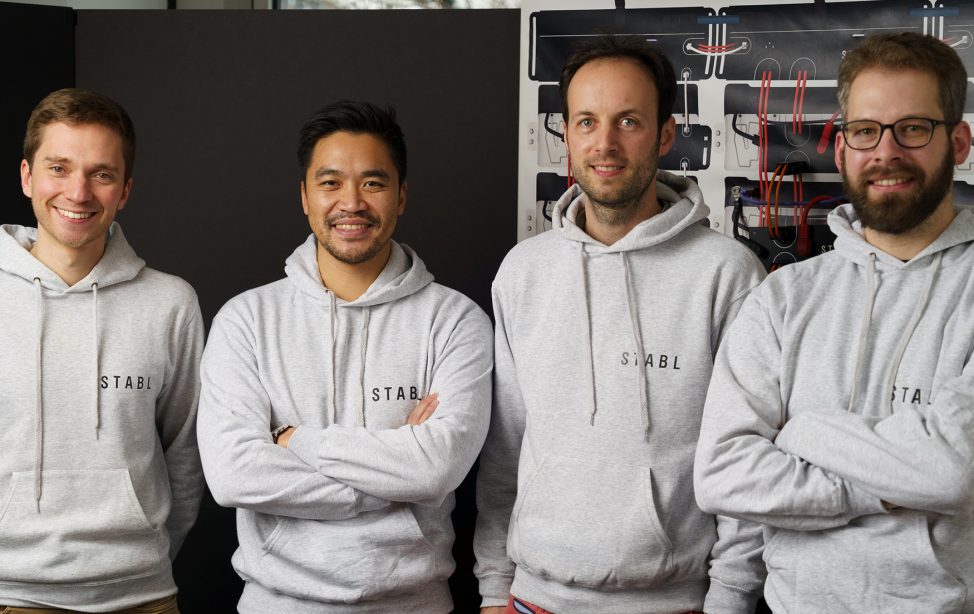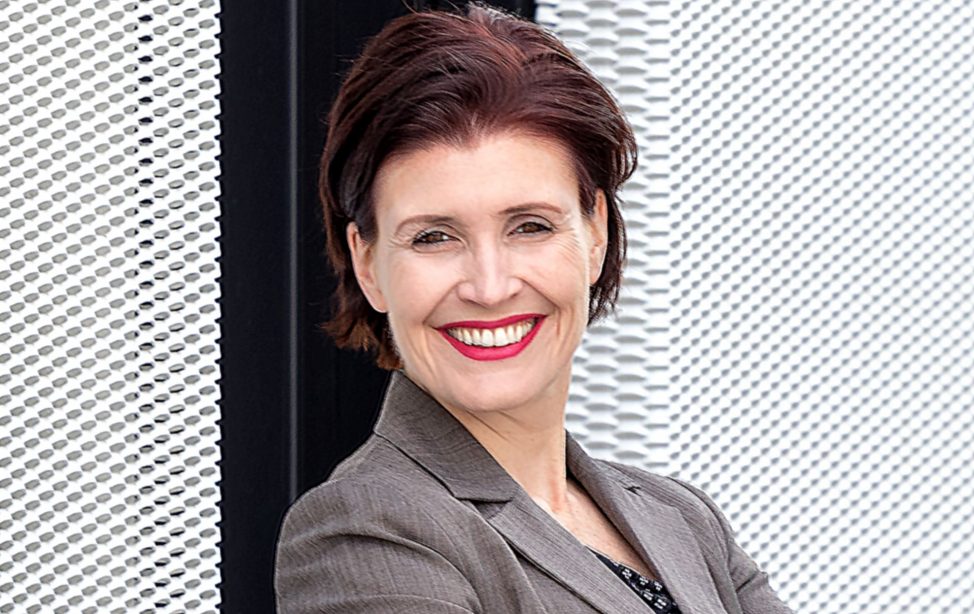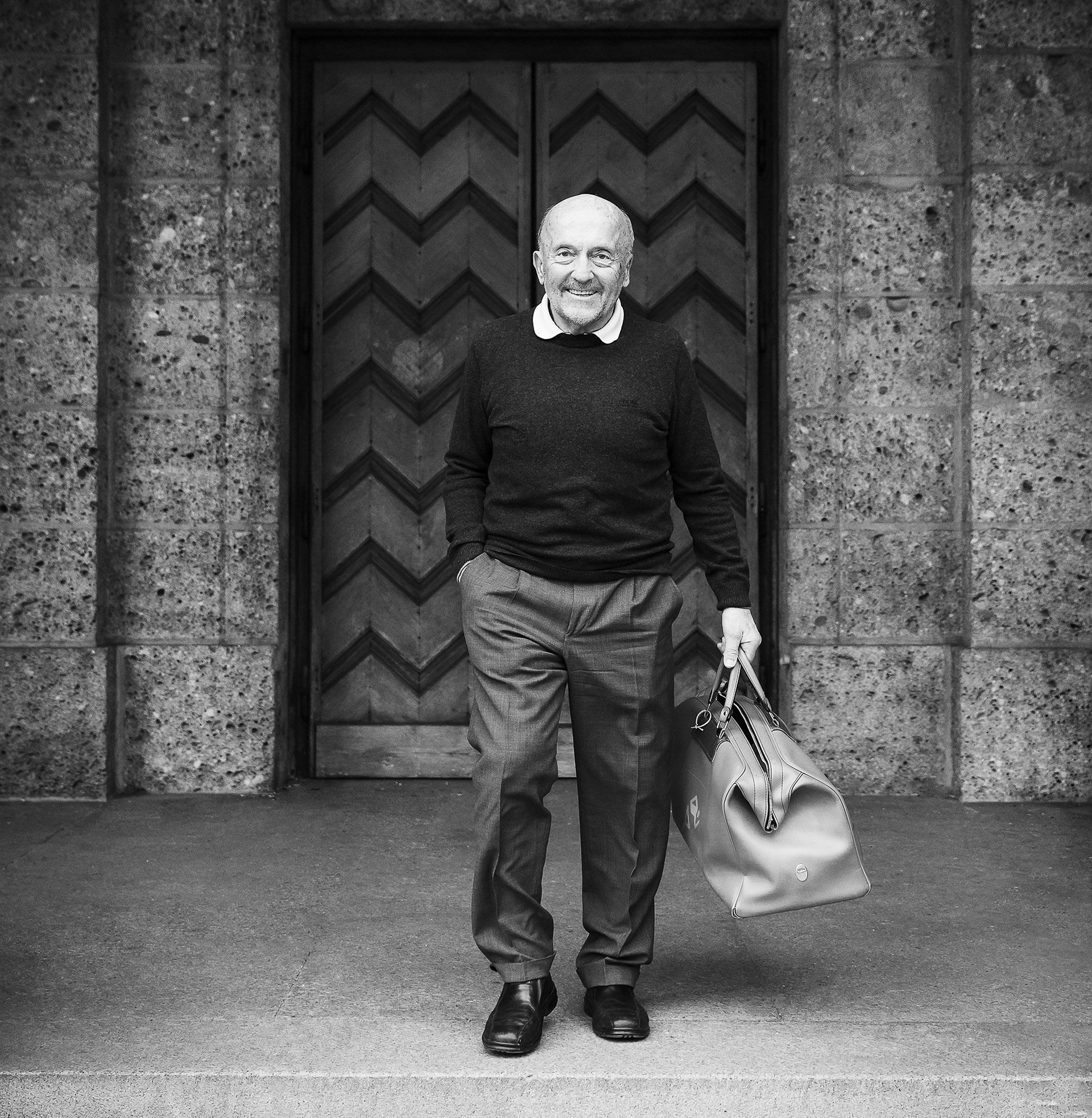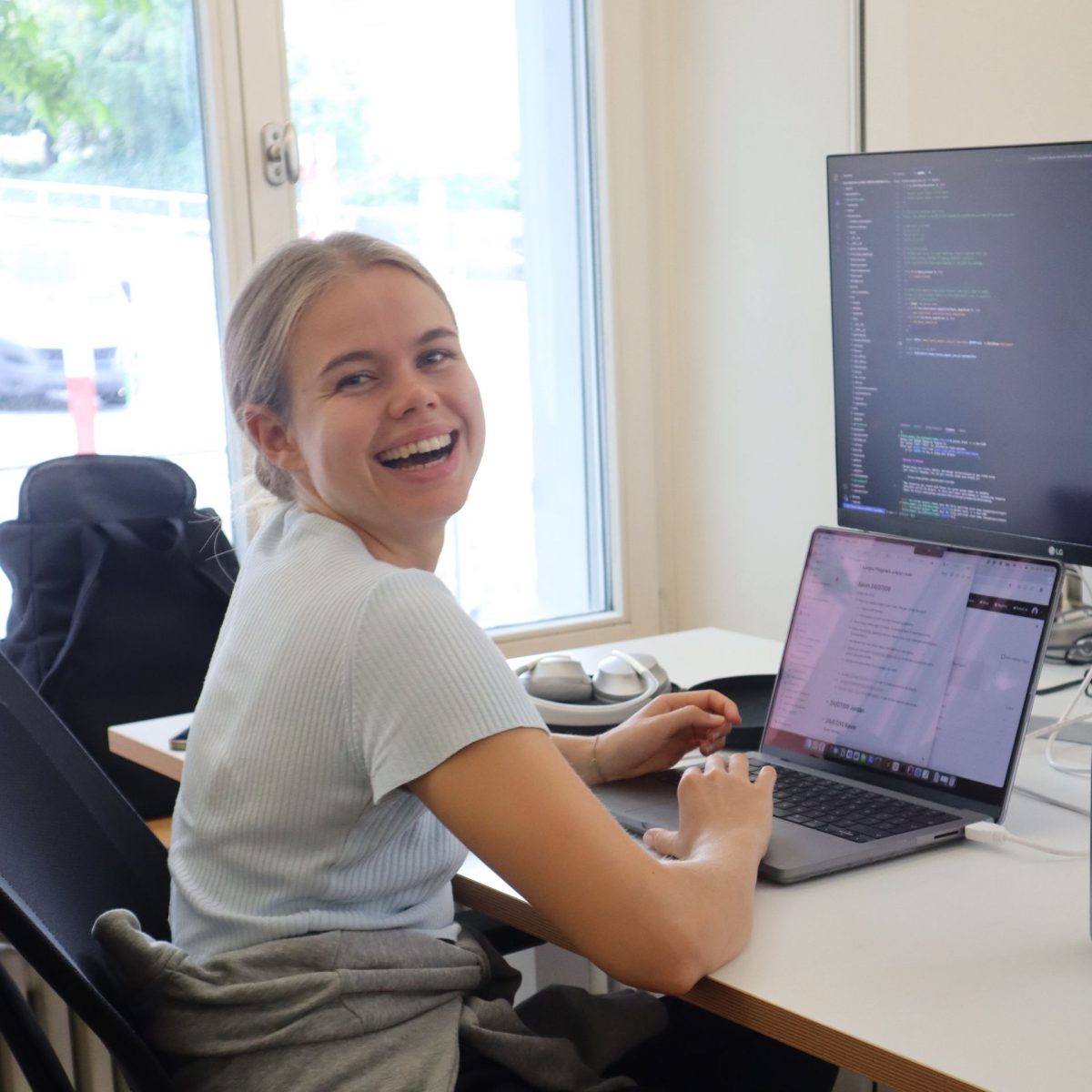
After studying physics and completing her Master's degree in Robotics, Cognition and Intelligence at TUM, Leonie Wagner worked as an AI researcher at a start-up in Switzerland. (Picture: Leonie Wagner.)
When Leonie Wagner is faced with a problem, she does exactly that: she thinks about how she can solve it: “I’ve always enjoyed math and technology, so it was the obvious thing to do. Because everyone advised her against studying mathematics, she looked further into the field of physics and came across a preliminary course in Würzburg. She liked it, and so the Nuremberg native went on to study physics at the Friedrich Alexander University in her home town, where she learned how to think and calculate, but above all “how to build up a huge frustration threshold, how to keep at it and not give up.”
CORONA CHALLENGE
She didn’t give up either when she found herself sitting alone in front of a computer for the first time on her subsequent Master’s degree course. She had decided to study Robotics, Cognition and Intelligence at TUM and moved to Munich in April 2020. But with a new wave of coronavirus, face-to-face teaching was not possible for the time being, and teaching took place entirely online in the home version. “The student welcome was also a Zoom call,” she recalls. But Leonie Wagner knew how to help herself: Together with her friend, she went through the image tiles and wrote to the people who seemed nice. They then met up in smaller groups and formed a circle of friends that still exists today.
The fact that, as a young woman, she was one of a few never bothered her: “I never had a problem working with lots of men,” she says, “because I was always used to it.” On the contrary – Leonie Wagner thinks it’s really important that women also work in STEM fields and is already supporting the next generation: “Many more women need to join us.”
“I didn’t realize for a long time that it was cool to be interested in math and science.”
TO STANFORD FOR THE MASTER’S THESIS
Going to the USA and experiencing university life there had also been a dream of the student. However, the pandemic during her studies prevented her from going abroad for the time being. When Leonie Wagner thought about the further planning of her Master’s degree, she realized the Master’s thesis would be the last chance to study outside Germany. And thought: “What will happen if it goes wrong? I’m still so young.”
By chance, she found out about the add-on program of the TUM-affiliated Center for Digital Technology and Management (CDTM), got one of the coveted places and was able to apply for the renowned Stanford University via the CDTM. Master’s degree, add-on study program and Master’s thesis abroad – it all sounds like a lot of work: “It wasn’t always easy and it wasn’t always fun, to be honest, but it definitely paid off in the end and it was really cool!”
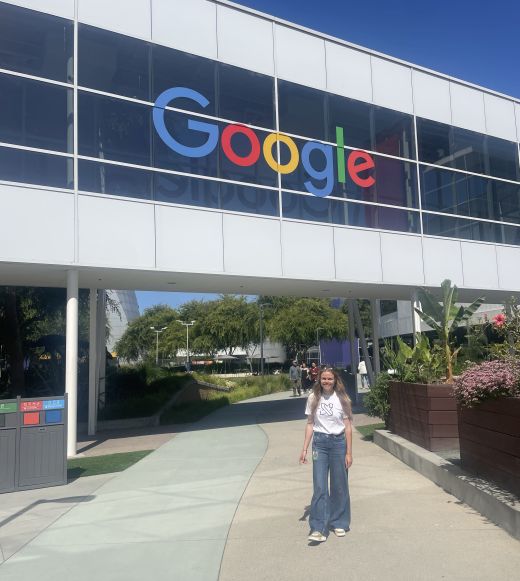
Leonie Wagner wrote her Master's thesis as a Visiting Student Researcher at Stanford University in the USA and completed an internship at Google (Picture: Leonie Wagner).
She was particularly impressed by the mindset of the North American students, this attitude: “We change the world and want to do something that changes the world in the long term.” Leonie Wagner took this with her back to Europe, where, after a brief stopover in Munich and completing her Master’s degree at TUM, she joined a start-up in Zurich in January 2024: as an AI researcher and software engineer. She is now responsible for analyzing and evaluating weather data in order to make forecasts for the energy market. The aim is to use existing data and machine learning (and not theoretical calculations as before) to predict how much wind or solar energy will be produced in the coming days, for example, in order to guarantee supply and determine prices. A future field where there are many problems and solutions need to be found. Just the thing for Leonie Wagner.
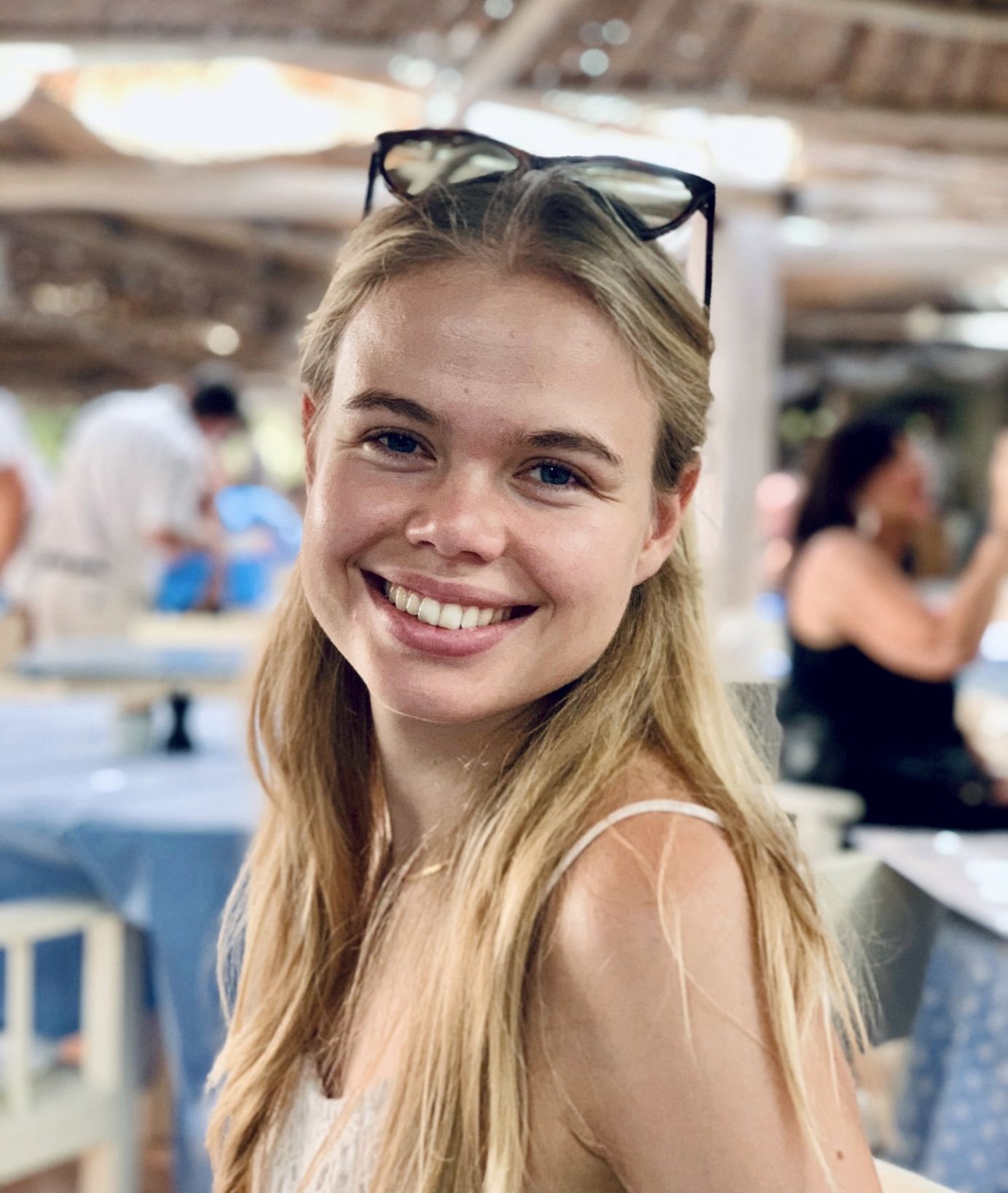
TUM Alumna Leonie Wagner (picture: privat).
Master Robotics, Cognition and Intelligence 2024
Leonie Wagner first completed her Bachelor’s degree in Physics at Friedrich-Alexander-Universität in Erlangen-Nürnberg and then went on to study for a Master’s degree in Robotics, Cognition and Intelligence at TUM.
For her Master’s thesis, she went to Stanford University and was a Visiting Student Researcher there before working as an intern at Google X, the moonshot factory in Silicon Valley.
After a short break in Munich, she is now continuing her young career as an AI researcher at a start-up in Zurich. In her free time, she loves going to the mountains, skiing, hiking and doing sports – preferably on or in the water.
